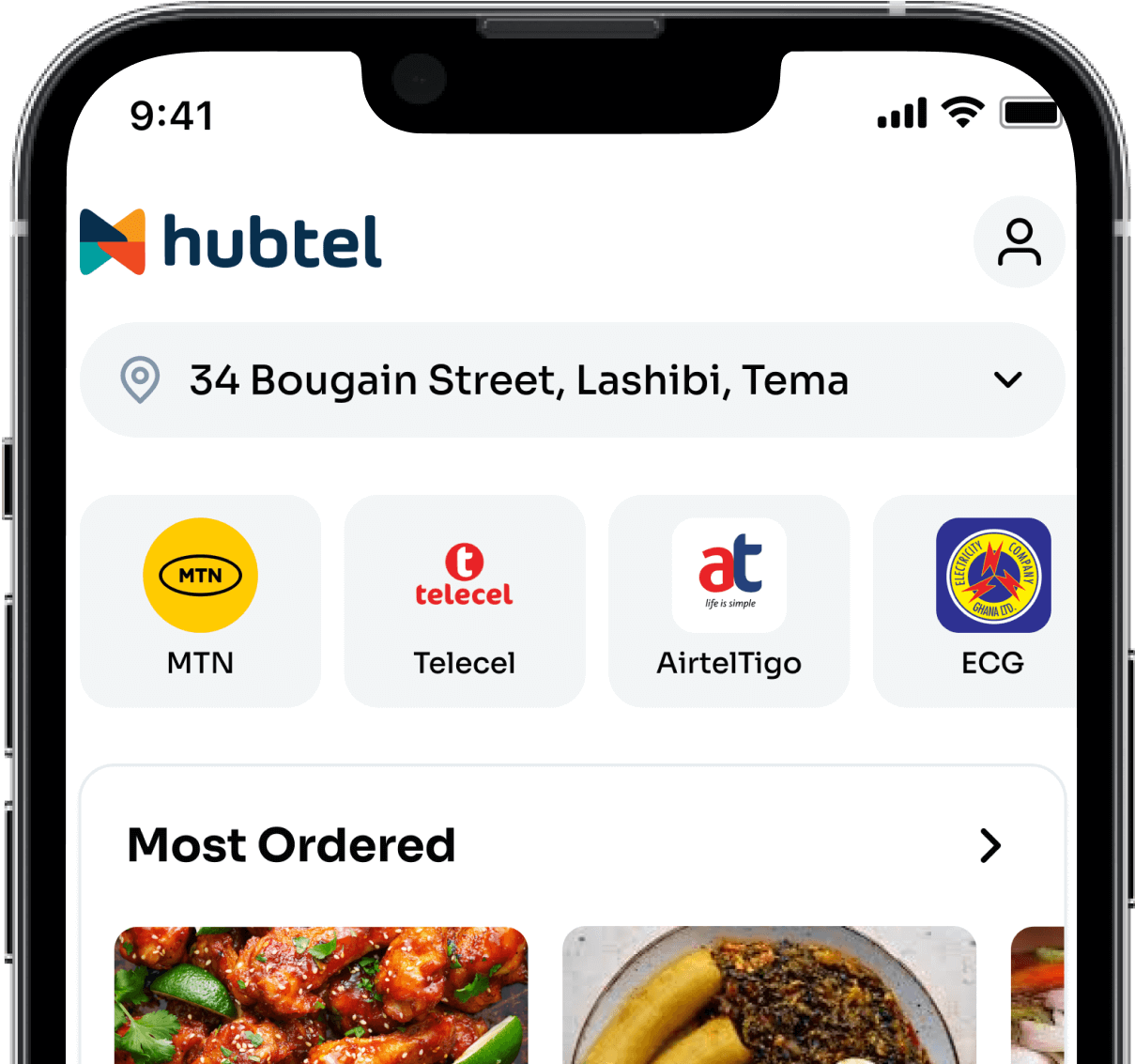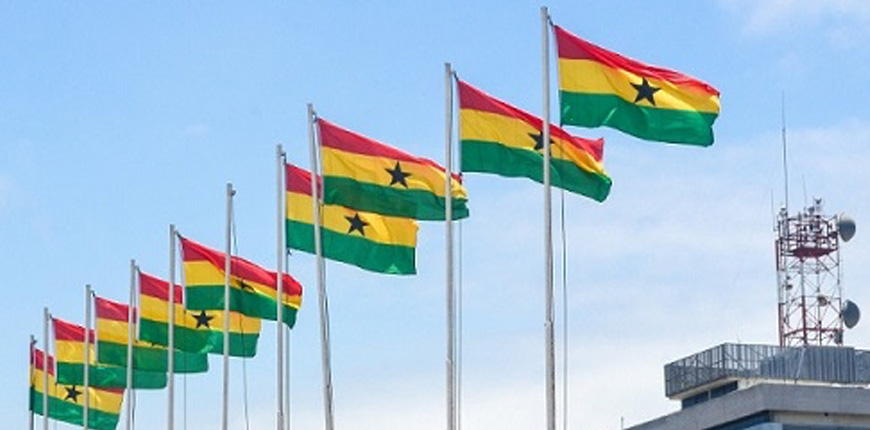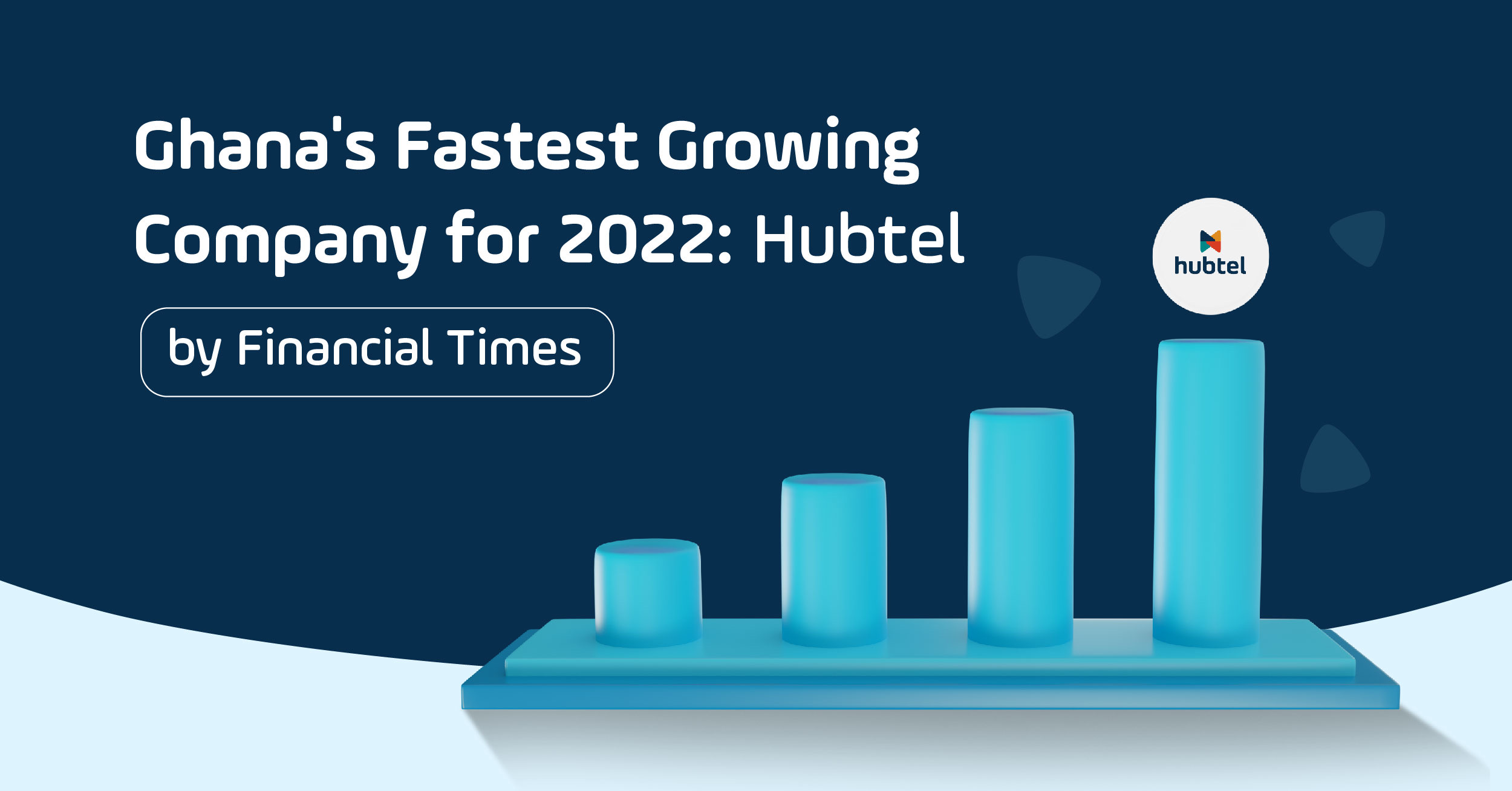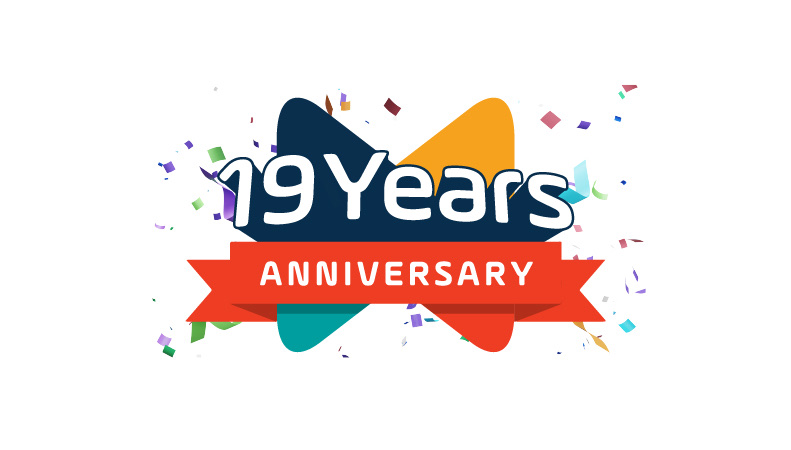Month: August 2015

MPower Payments Removes Debit Card Top Up Charges, Adds Slack Integrations
August 31, 2015 | 3 minutes read
A lot of talk has been going on about how soon it will be till Ghana gets access to payment options that work outside of Ghana. In mid-2013, PayPal opened up its services to a host of African countries, Ghana excluded. We sobbed.
Amidst the various campaigns and petitions, PayPal seems a bit too busy to care about the cry of Ghanaians. However, also in Ghana is a budding payments processing platform, MPower Payments platform, jointly run by Encodev Labs and SMSGH.
MPower Payments is a complete end-to-end online and mobile payment solution for consumers and merchants. MPower offers various payment options that allow you to send and receive money by integrating seamlessly with your preferred mobile or digital wallets, and bank accounts. The web and mobile versions come with a built-in feature known as CornerShop which is convenient for airtime purchases and payments of bills for several utility services.
MPower has come a long way over the years, helping Ghanaians to pay for services and send money across the various mobile money systems in Ghana. Back story: MTN first introduced Mobile Money in Ghana, then Tigo and Airtel followed. Just about a month ago, Vodafone introduced Vodafone Cash and Airtel introduced its Tap-To-Pay systems. Considering that these three telecom networks are powering the mobile money system in Ghana, MPower Payments’ presence helps customers to send mobile money across these networks easily.
Another major helpful feature that MPower supports is to top up your MPower wallet via a debit card. This has been an issue since most of banks charge transactional fees when you make such top-ups. And now it’s free! About two weeks ago, MPower announced to customers that topping up via their debit card is now free.
This has been received favorably and helps make the barrier to adoption almost non-existent. In effect, you can now send mobile money to another mobile money subscriber for free even if you’re not a registered mobile money user. This initially attracted a charge of 5%.
Later last week, the CTO of MPower Payments made an announcement which will excite most developers who use MPower Payments – they now have Slack integrations. So much has been talked about Slack’s success and secret sauce and its ease of use, I need not say more. This integration will make it way easier to track payments, without having to comb through SMS and emails.
For a product that needs a lot of user-friendliness and education in the customer journey to be adopted, these subtle but important changes will surely increase its adoption now that Ghana doesn’t have any “internationally acclaimed” payment options in place. This a good one from the folks at MPower Payments.

Related
Hubtel Completes Biggest Upgrades to Developer Portal
July 24, 2024| 3 minutes read
Hubtel Ranked Ghana's Fastest Growing Company for 2022
May 16, 2024| 2 minutes read
May 12, 2024| 3 minutes read

SMSGH In The News – How Ghanaian startups are making an impact on the global stage
August 3, 2015 | 7 minutes read
“Startups are the seed corn of the future economy,” our partner Steve Case, co-founder of AOL and chairman of Case Foundation, often says.
Today, Silicon Valley is envy of the entrepreneurial world, but 50 years ago, Silicon Valley was apple orchards. Detroit, then the wealthiest city in the US in terms of median income because it was the center of the half-century’s greatest innovation (the car) has now slipped to becoming the poorest major city in the US, because it stopped innovating.
As we’ve traveled from Kenya to Ghana, we’ve seen how planting seeds in an entrepreneurial ecosystem can really mature.
The first thing to know about the Ghanaian startup ecosystem is that the Ghanaian economy is itself a startup. The country only adopted capitalism in 1992, so only one generation has lived in a free-market society.
But the new next generation is fully embracing startups and the country is on the move.
We visited SMSGH, a ten-year-old startup employing dozens of people and powering mobile transactions across East Africa; DTRT, a manufacturing factory employing hundreds of people in great working conditions; nine exciting companies pitch in the ImpactHub Accra; followed by a very fun happy hour that felt more like a beach party than a networking session.
Nairobi vs Accra
If you simply compared first impressions from Nairobi and Accra, you might have thought the startup ecosystem was really rough around the edges here in Ghana. But to me, the Kenya to Ghana transition was encouraging.
Ghana today, seems not too far away from Kenya five years ago. Back then, Erik Hersman and his team were solidifying the iHub. About 20 investment groups that are now active in Kenya were not active then, and the entrepreneurial ecosystem was fragmented.
Based on the evidence of promise we saw in Ghana today, Accra can get there.
1. Local investment is impressive
We spent several days with local investors: the Oasis Fund, the African Angels Network, and Eric Osiakwan, who has a Steve Case-like reputation in Ghana as the startup champion in the country.
One of the more difficult conversations I had to have over the years in Kenya — where the ecosystem is thriving — is with local Kenyan investors. In Kenya, successful businesspeople do not invest in startups very often. It is difficult sometimes for me to justify why we invest internationally in Kenya when successful local entrepreneurs won’t do it.
Now, that is changing. And Julian Kyula of MODE, who partnered with us on the Pitch for Impact competition in Kenya is a great example — but in Ghana, successful business people have been investing in startups for quite a while.
As a few examples: the Oasis Fund has 40% of its limited partner base in-country; the Ghanaian angels’ network has over 25 locals who have done a deal in the last two years, and Eric Osiakwan walked us around SMSGH — one of his portfolio companies — as a bigger cheerleader than the CEO.
One Ghanaian said that local self-reliance, as a relatively closed economy, was an important trait for a very long time. And in Africa, when it comes to locals investing in the next generation, Ghana may well be leading the way.
2. Culture and policy both pose challenges and opportunities.
At the same time, Ghana still has a long way to go. Unlike Kenya, where entrepreneurship is encouraged, stepping out and starting your own company isn’t in Ghana.
Whether it’s cultural or whether it’s a vestige of a socialist system that didn’t reward the free market, one entrepreneur said: “In Ghana, everyone is afraid of getting too big.”
Policy and economic conditions are difficult too. Kwami, whose company, Moringa Connect, is a great agribusiness that mentioned how difficult startup investment was to raise for one major reason—bank interest rates are 28%, and it’s difficult even for an exceptional startup to outperform that.
Yet despite these challenges, Ghana has several local conditions that make it globally competitive. The factory we visited, DTRT, can employ hundreds of people in quality working conditions and sell to major US retailers because Ghana’s port is a free trade zone (a vestige of Ghana’s exports of coffee and other cash crops), and also has an agreement with the US to not impose tariffs on imports of the 48 poorest countries in Africa.
Ghana has the ability to create 1 million manufacturing jobs, estimated our leader at DTRT—thanks to policy that supports small manufacturing businesses.
Finally, while Ghanaian culture could be a challenge, its creativity and vibrancy also have major advantages. We had a breakfast with creatives from across Ghana, which is becoming a burgeoning fashion and entertainment industry. The talk was about An African City (Ghana’s Sex in the City equivalent), where the producer joined artists, fashion designers, and more to show off Ghana’s edge in cultural leadership.
3. Great assets can make Ghana globally relevant
Despite the challenges, at a spirited dinner, businesspeople and investors were bullish on Ghana’s prospects. In discussing the entrepreneurial potential of Africa, they settled on the KINGS (Kenya, Ivory Coast, Nigeria, Ghana, and South Africa) as the top five highest-potential entrepreneurial ecosystems, and Ghana ended up third.
How come? Ghana had strong assets that were exportable across Africa and the world: the most educated population in Sub-Saharan Africa, an English language background, relatively good infrastructure, a good and functioning port, and more.
In the Pitch for Accra competition, we saw these assets on display. Farmerline, which delivers information to farmers over mobile — helping them to increase their income through better understanding of crop prices and more—is off to a great start in Ghana and importing to East Africa.
Flippy Campus, a mobile solution that helps schools manage information (replacing paper noticeboards), is building on Ghana’s asset of having the best educational system in Sub-Saharan Africa.
And amazingly, Bitsoko, a blockchain-powered financial services solution, that has an early customer in a food market in Detroit — helping power the entrepreneurial revolution that is rebuilding a once-great American city.
African solutions are not just solving problems in Africa, but helping around the world.
4. Africa keeps going
The winner of Pitch for Accra was Yago Baatuolku, a wonderful leader whose company, Wanjo, produces juice sourced from 250 women farmers in Ghana. Ghana is one of the leading juice consumers worldwide, and if Ghanaians only drank juice produced in Ghana, they would send US$ 250 million a year to farmers. Currently, it’s only US$ 10 million.
Yago has a wonderful business but never felt like she was ready to pitch. When Sheila Herrling of the Case Foundation encouraged her to be “fearless” and pitch, though, she brought down the house, treated the happy hour to Wanjo juice, and took home a US$25, 000 investment.
“I’m so glad I decided to show up,” she said. In a culture that doesn’t always encourage entrepreneurs, showing up is critical.
We asked the CEO of SMSGH what advice he would give — 10 years in — to a Ghanaian entrepreneur starting out. He said, “Just keep going.” He said that there would be a lot of social, cultural, and maybe even political pressure to slow down, not get too big, not get too visible, and a lot of unexpected bumps along the way. The only reason he was able to build a company was that he kept on going.
If Ghana just keeps going, and Africa just keeps going, we’ll see a transformed ecosystem and Ghana can move light years in the next five years. Who knows what we can see in the next 50 years.
Source: Ventureburn

Related
Hubtel Ranked Ghana's Fastest Growing Company for 2022
May 16, 2024| 2 minutes read
May 12, 2024| 3 minutes read
Honoring the Legacy of Our Co-founder Leslie Kwabena Nyarko Gyimah
May 8, 2024| 2 minutes read








